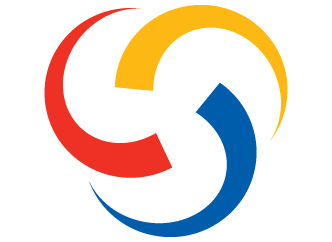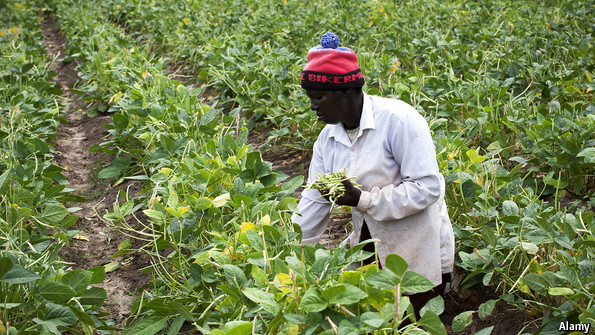Survivors of Haiti's Rape Crisis
In collaboration with Doctors Without Borders (French acronym: MSF), photojournalist Benedicte Kurzen took a series of photos with sexual assault survivors in Port au Prince. The intent of the project was to emphasize their resilience, raise awareness and promote dialogue around an important but stigmatized issue in Haiti. To learn more about gender-based violence and other human rights issues, take a look at the U.S State Department's 2015 Human Rights Report for Haiti. Stay informed about MSF's work in Haiti, consider supporting them financially, and follow Kurzen on Instagram, Facebook and Twitter.









